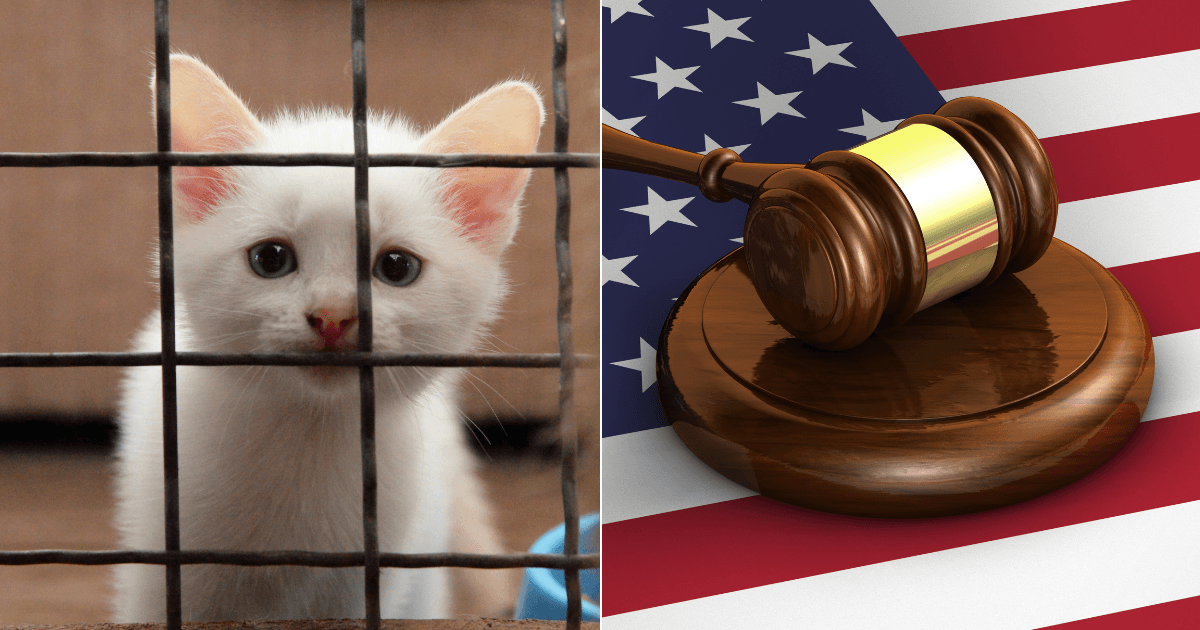A major animal welfare law has officially come into effect in New York State, banning the sale of pets in stores.
The decision is part of a growing effort to crack down on large-scale breeding operations often linked to poor animal welfare and unsafe conditions.
The sale ban has been put in effect starting December 15, 2024, and is designed to put an end to the pipeline that supplies pet stores with kittens and puppies from high-volume breeding facilities.
These breeding centers, sometimes referred to as “puppy mills,” have been widely criticized for putting profit ahead of animal health, often leading to serious medical issues for the animals involved.
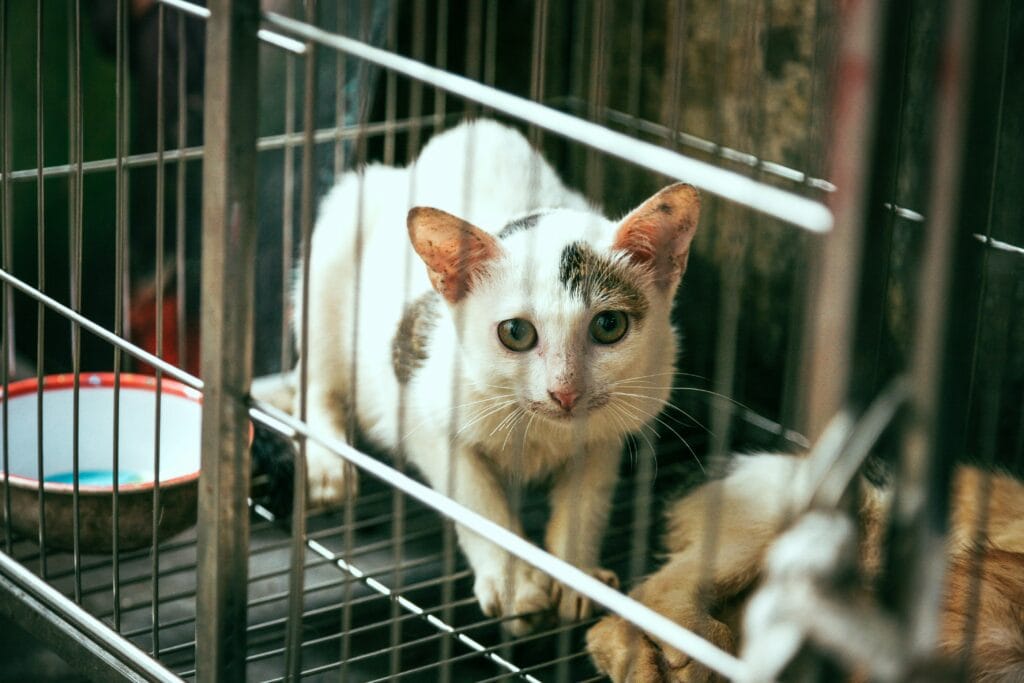
Under the new law, pet stores that continue to sell cats, dogs, or rabbits could face significant financial penalties, with fines of up to $1,000 per violation.
Authorities have made it clear that these rules will be strictly enforced.
Inspections are expected to continue across the state, and any shop found breaking the law may face immediate action.
The ban aims to protect animals from the harmful cycle of overbreeding and mistreatment that is often hidden from the public eye.
Mass breeding operations typically focus on producing as many animals as possible, often ignoring proper care, safe living conditions, and basic medical attention.
As a result, many animals sold in pet stores have been found to suffer from serious illnesses, genetic problems, and long-term health complications.
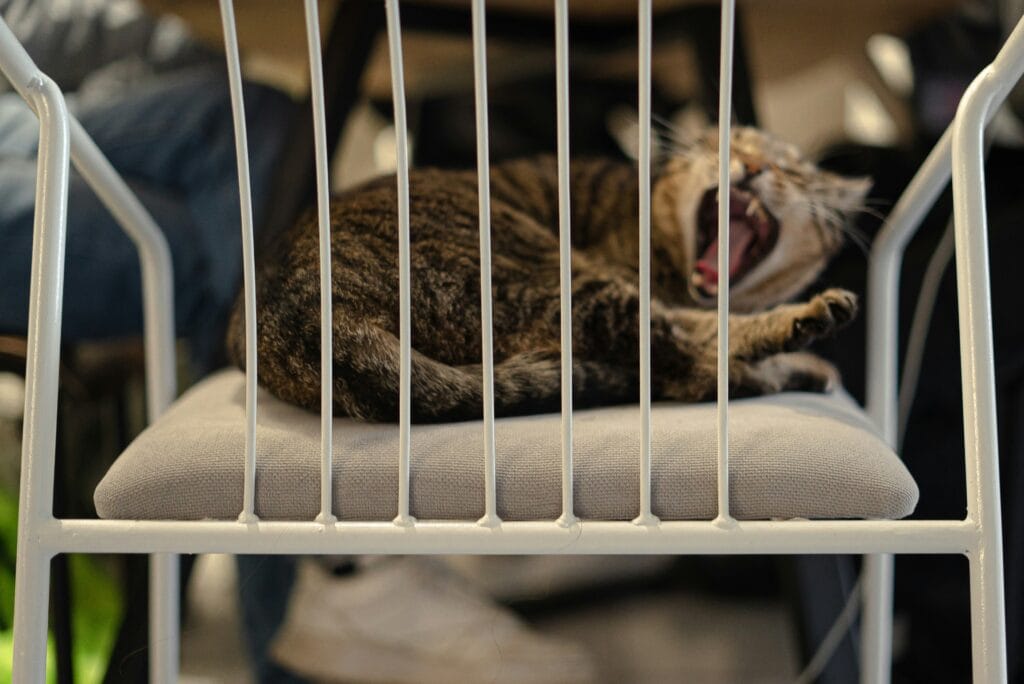
Beyond animal safety, the new law is also seen as a way to protect consumers.
Families who purchase animals from pet shops often do so believing they are bringing home a healthy companion.
Unfortunately, animals sourced from large-scale breeders may carry hidden medical conditions that can lead to emotional distress and expensive veterinary bills for unsuspecting owners.
By stopping the sale of these precious animals in retail pet stores, the state hopes to shift public focus toward adopting animals from shelters and rescue centers.
Animal shelters are often filled with cats in need of new homes.
Adoption not only offers these animals a second chance but also helps reduce the number of pets waiting in overcrowded facilities.
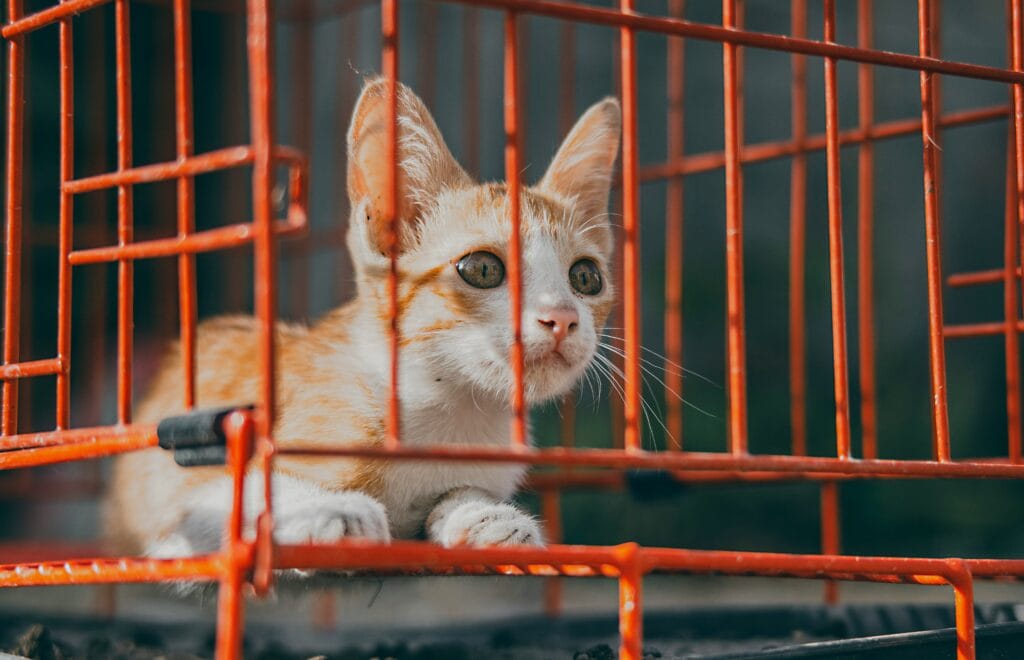
Shelters across New York provide a safer and more ethical option for those looking to welcome a pet into their family.
Adoption is widely promoted by animal welfare organizations as a responsible and compassionate choice.
This approach is expected to grow in popularity as the new law encourages more people to look beyond pet shops.
The legislation also allows pet stores to partner with animal rescue groups.
While shops can no longer sell cats for profit, they are permitted to work with registered non-profit organizations to showcase animals available for adoption.
This gives rescue animals more visibility and offers pet stores a way to remain involved in helping animals find homes.
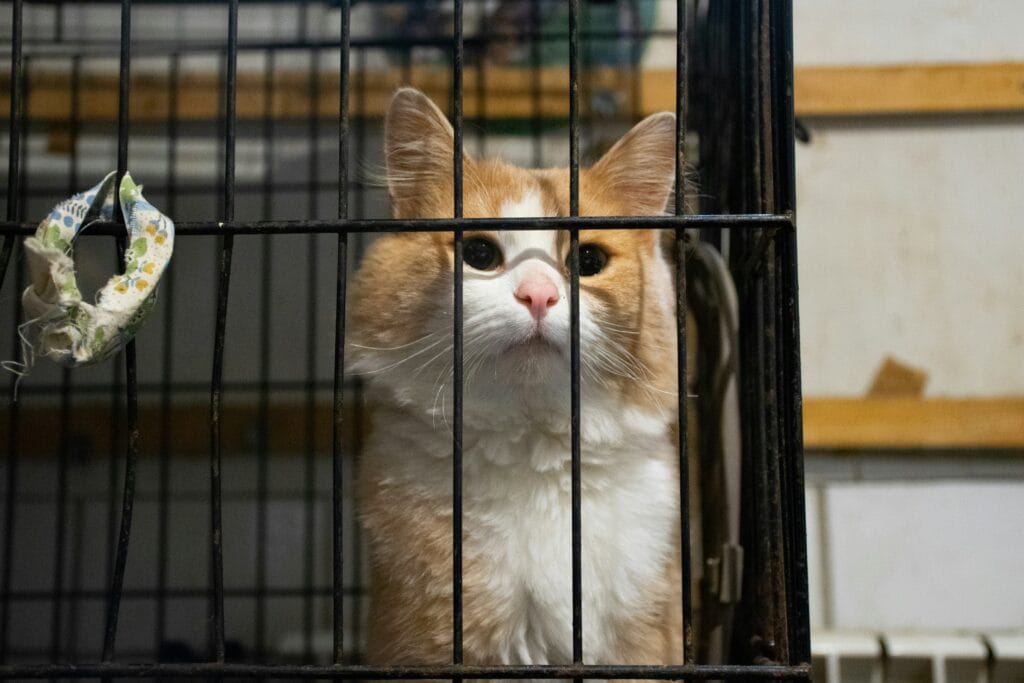
The ban comes after years of increasing concern over the conditions in which animals are bred and sold.
Reports have repeatedly linked commercial breeding operations to health issues in animals, often including respiratory infections, heart defects, and skin diseases.
These concerns have pushed many states to review their pet sale laws, with New York taking a firm step forward by including cats in its new restrictions.
Enforcement agencies across the state are now focused on ensuring that pet stores comply with the ban.
Pet lovers who see violations are encouraged to report them, as maintaining strict oversight is considered key to making the law effective.
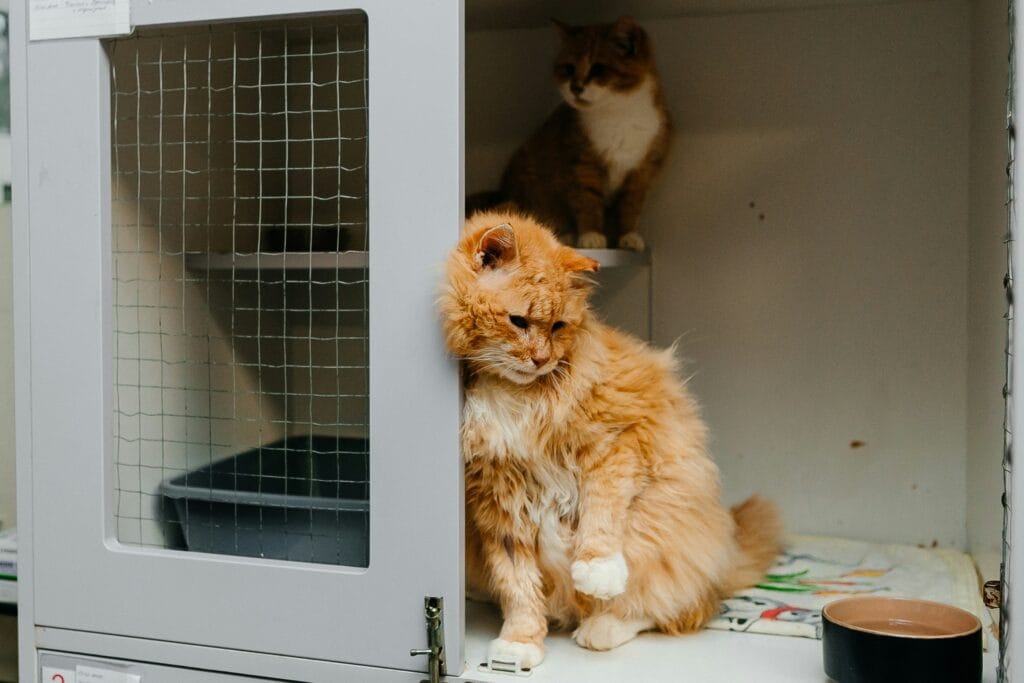
Supporters of the ban believe this is a positive step toward ending the cycle of mass breeding and moving toward more humane treatment of animals.
The hope is that more people will now choose to adopt rather than shop, creating a safer and healthier environment for pets across the state.
As animal welfare becomes an increasing priority, New York’s decision is expected to influence other regions that are considering similar restrictions.
By focusing on adoption and cutting ties with mass breeding operations, the law aims to build a future where animals are valued as family members, not just commodities.
For anyone looking to bring home a cat, the message is simple: visit your local animal shelters or rescue organizations.
There are countless animals waiting for a second chance and choosing adoption could save a life.

